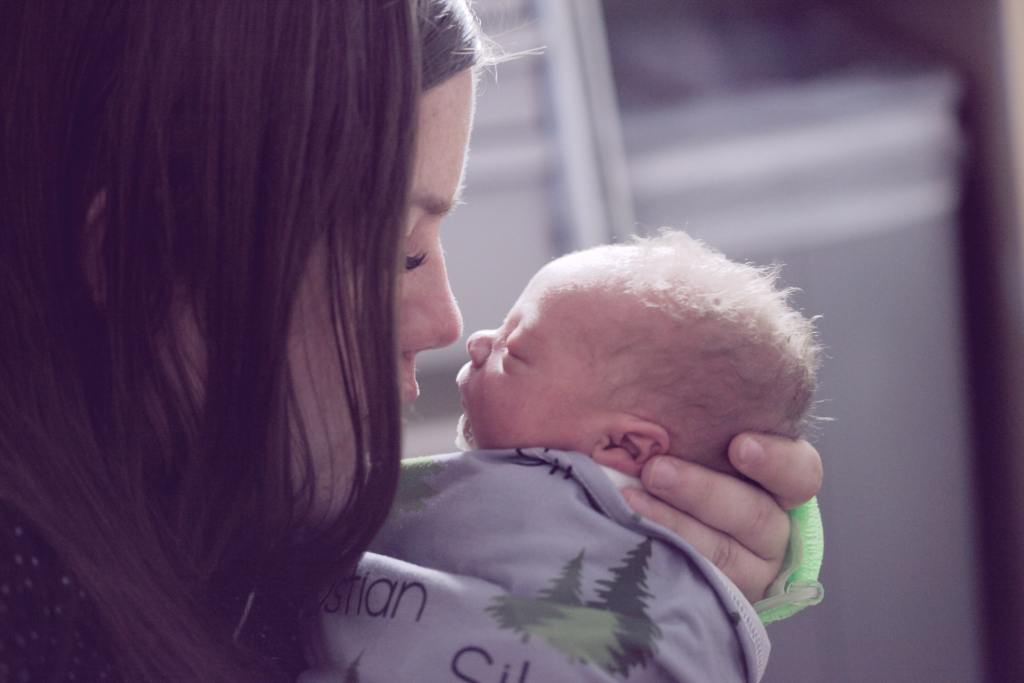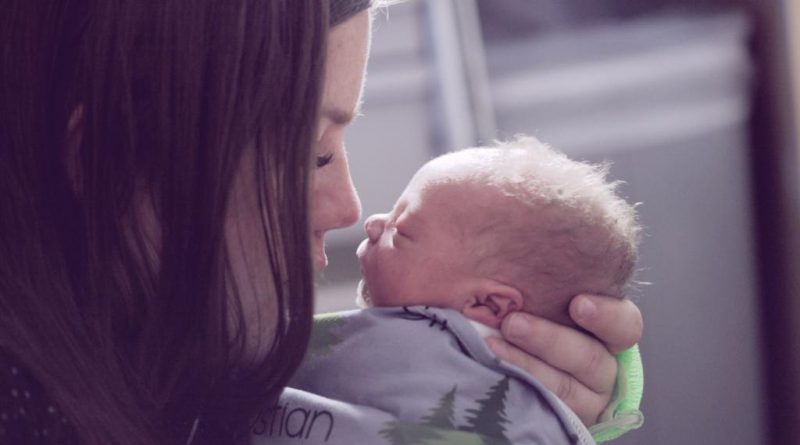Postpartum Depression: More Than Baby Blues?

When you're a first-time mom, you are residing in an enormous amount of brand-new experiences. Pregnancy, childbirth, and also the postpartum phase will all bring expected as well as unexpected changes. It can be exhilarating, scary, joyful, and uncertain, all simultaneously. Bringing an infant into the world is really a truly life-altering experience.
There are so many changes in your life as well as your health as the body changes throughout pregnancy. The changes continue after childbirth, and there is a recovery process the body experiences afterwards. With a newborn, there is definitely an occasion when insomnia is an extremely large obstacle in functioning day-to-day. You can quickly get overwhelmed taking care of a baby and fighting fatigue at the same time.
Baby Blues
Postpartum “baby blues” and lack of sleep, having a predisposition to depression, turns into full-blown postpartum depression. You do not always feel it coming, or even creeping on you. It may feel sudden, even when it has been accumulating without anyone's knowledge. Eventually you are feeling fine, and the next day-you are not fine at all.
When you are in the fog of looking after a baby, and your body is healing from childbirth, it's not hard to miss signs that the mental health is declining. Friends and family can mistake your reactions and behaviors for normal outcomes of major hormonal changes instead of something which goes beyond that. Postpartum depression is yet another among those problems that can feel like a totally normal reaction to a major life event, a significant adjustment amount of time in a person’s life, but can take a turn for mental health difficulties.
More Than Baby Blues
The after-effects of childbirth and having a newborn are generally physical and emotional. There's a lack of sleep and exhaustion, there is physical discomfort from labor. Especially for first-time moms, there might be lots of concern with breastfeeding and looking after a newborn. All those very expected feelings that may definitely be baby blues will subside. As the baby experiences different stages, mom gets more sleep and more experience, and things begin to fall into spot for a routine in the household.
For a lot of women, it can be hard to transition to being at home, dealing with labor and finding out how to look after a newborn. It is very common for brand new mothers to feel anxiety and fatigue after their bodies happen to be through a lot of changes and their sleep changes as well. For the majority of women, the emotions will start to subside a couple weeks after childbirth because they get their bearings.
Prepare During Pregnancy
Postpartum depression is a lot more intense than anxiety and fatigue. It can involve panic attacks and complete lethargy, to the point where you don’t take care of yourself and/or your baby. One woman never was meant to take care of an infant entirely by herself. Practicing self-care when you're taking care of a helpless baby is key. Take a moment to rest, and consider asking a relative or friend to take care of your baby so you can get some needed rest.
Please talk to your Ob/Gyn at the first manifestation of feeling down for several weeks. Your physician will ask you relating to this at your postnatal check-up and it is important to focus on your feelings and share any details you are able to. And, it doesn't only occur to first-time moms. Even if you have been through it once, and you are being proactive to avoid it from happening again, it may happen again. It can happen again, however in a different way and it can feel different the next time around. During subsequent pregnancies, you are able to prepare and make plans with your doctor and your family.

